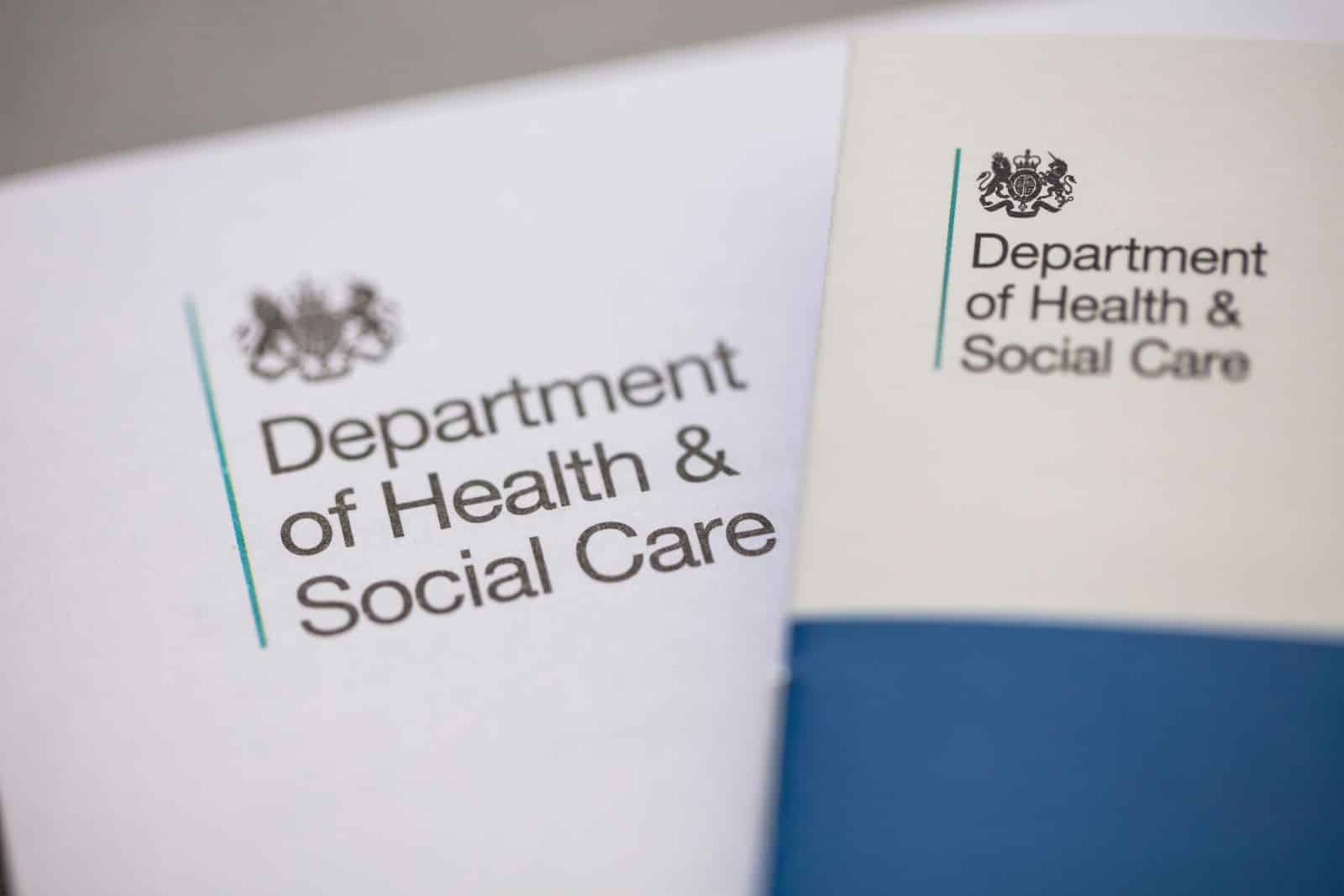The UK’s National Health Service (NHS) is a beloved institution, but it currently faces significant challenges. Here’s a look at 21 critical reasons why the UK’s health system is struggling.
1. Chronic Underfunding

Despite increasing demand, the NHS has not received the proportional funding necessary to maintain its standards of care.
2. Staff Shortages

There is a severe shortage of trained medical professionals, including doctors, nurses, and support staff, exacerbating the strain on services.
3. Rising Patient Demand

An aging population and rising chronic illness rates have dramatically increased the demand for healthcare services.
4. Inadequate Infrastructure

Many NHS facilities are outdated and not equipped to handle the volume or complexity of modern medical care.
5. Lengthy Waiting Times

Patients often face long waiting times for treatments and surgeries, leading to worsened health outcomes.
6. Mental Health Services Deficit

Mental health services are critically underfunded and understaffed, leaving many patients without the support they need.
7. Inefficient Use of Resources

There is often an inefficient allocation of resources within the NHS, leading to waste and reduced effectiveness of services.
8. Reliance on Temporary Staff

The NHS increasingly relies on expensive agency staff to fill gaps, which is not a sustainable long-term solution.
9. Brexit Impact

Brexit has exacerbated staff shortages, with many EU nationals leaving NHS roles and fewer EU professionals arriving.
10. Poor Integration of Services

There is a lack of effective integration between primary care, hospital care, and community services, leading to disjointed patient care.
11. Funding Allocation Disparities

Different regions and services receive unequal funding, leading to a postcode lottery in the quality of care available.
12. Burnout Among Healthcare Professionals

High stress and workload have led to significant burnout, reducing productivity and increasing staff turnover.
13. Insufficient Public Health Initiatives

There is a lack of investment in public health and preventative measures, which could reduce the long-term demand on the system.
14. Limited Access to Technology

The NHS often struggles to fund and integrate the latest medical technologies, putting it behind other countries’ health services.
15. Dependency on Outdated Systems

Many parts of the NHS still rely on outdated systems and processes, leading to inefficiencies and errors.
16. Lack of Mental Health Parity

Mental health is still not treated with the same urgency or funding as physical health, despite the growing need.
17. Inadequate Emergency Services

Emergency departments are often overwhelmed, leading to delays and compromised emergency care.
18. Inequality in Healthcare Access

Socioeconomic disparities affect access to healthcare, with poorer communities often receiving lower-quality care.
19. Cuts to Community and Social Care

Reductions in community and social care funding have increased pressure on NHS services, as patients lack support in the community.
20. Fragmented Care for the Elderly

The elderly often receive fragmented care due to poor coordination between different services that address aging-related health issues.
21. Underfunded Research and Development

Investment in research and development is lacking, which hampers innovation in treatments and healthcare solutions.
A Prescription for Change?

The NHS faces a multitude of challenges that need urgent attention to restore its health and preserve its legacy as a cornerstone of British society. Addressing these issues will require substantial investment, innovative thinking, and a commitment to long-term sustainable practices.
10 Worst Places to Live in the UK Today

Here’s a look at the 10 worst places to live in the UK, based on statistical analysis and local sentiment, to help you understand the challenges residents may face in these areas. 10 Worst Places to Live in the UK Today
“We Will Never Come to Help You” – Trump’s Hurtful Words Raise Concerns About EU Firepower

It was revealed in a conference in Brussels that former President Donald Trump said in 2020 that the US would “never help” Europe if it was attacked. Now, European nations are grouping to commit more firepower to combat Putin’s threat to democracy. “We Will Never Come to Help You” – Trump’s Hurtful Words Raise Concerns About EU Firepower
Brexit Fallout: 20 Ways the EU Is Falling Apart Without the UK

Since Brexit, the EU has been grappling with multiple crises and internal conflicts. Can the bloc hold itself together in these turbulent times? Brexit Fallout: 20 Ways the EU Is Falling Apart Without the UK
The post 21 Reasons Why the NHS is On Its Knees first appeared on Edge Media.
Featured Image Credit: Shutterstock / John Gomez.
For transparency, this content was partly developed with AI assistance and carefully curated by an experienced editor to be informative and ensure accuracy.

